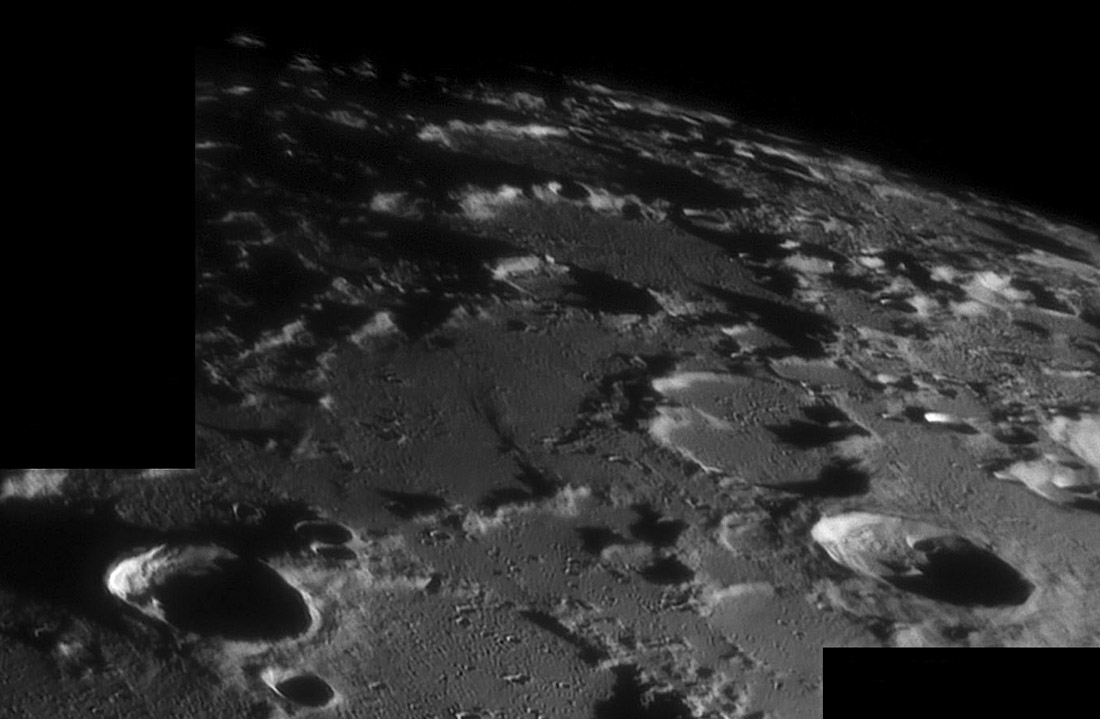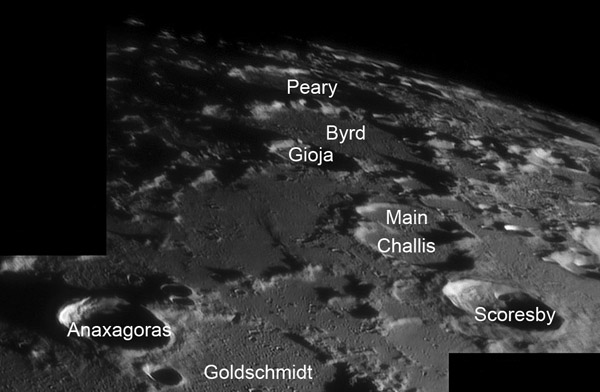Difference between revisions of "March 1, 2012"
| Line 1: | Line 1: | ||
__NOTOC__ | __NOTOC__ | ||
=Back To the Pole= | =Back To the Pole= | ||
| − | |||
<!-- ws:start:WikiTextHeadingRule:0:<h1> --> | <!-- ws:start:WikiTextHeadingRule:0:<h1> --> | ||
<!-- ws:start:WikiTextLocalImageRule:14:<img src="/file/view/LPOD-Mar1-12.jpg/306597892/LPOD-Mar1-12.jpg" alt="" title="" /> -->[[File:LPOD-Mar1-12.jpg|LPOD-Mar1-12.jpg]]<!-- ws:end:WikiTextLocalImageRule:14 --><br /> | <!-- ws:start:WikiTextLocalImageRule:14:<img src="/file/view/LPOD-Mar1-12.jpg/306597892/LPOD-Mar1-12.jpg" alt="" title="" /> -->[[File:LPOD-Mar1-12.jpg|LPOD-Mar1-12.jpg]]<!-- ws:end:WikiTextLocalImageRule:14 --><br /> | ||
| − | <em>image by [mailto:raffaele.barzacchi@gmail.com Raffaele Barzacchi]</em><br /> | + | <em>image by [mailto:raffaele.barzacchi@gmail.com" rel="nofollow Raffaele Barzacchi]</em><br /> |
<table class="wiki_table"> | <table class="wiki_table"> | ||
<tr> | <tr> | ||
| Line 11: | Line 10: | ||
<td>Recently LPOD looked at a [http://lpod.wikispaces.com/February+28%2C+2012 pathway] from Mare Frigoris to the lunar North Pole. Now Raffaele has provided a closeup view of what you'll see as you approach the pole. Two craters, Anaxagoras and Scoresby, are relatively fresh, but all the rest are older and heavily affected by ejecta from the formation of the Imbrium Basin. One thing that I hadn't noticed before is the ridge to the left of Challis and Main. This is like a mare ridge, except there are no mare lavas here. The material filling the area west of Main and Challis is Imbrium ejecta. It is like lava in the sense that it may have been warm when deposited, and was also presumably not well consolidated. As it cooled and settled it probably became more compact. So it could have draped itself over an existing ridge, but it isn't curved as it would be if following an older crater rim. And it probably isn't a ridge formed as subsidence into a smaller volume, as circular ridges inside basins form. So why is this ridge here?<br /> | <td>Recently LPOD looked at a [http://lpod.wikispaces.com/February+28%2C+2012 pathway] from Mare Frigoris to the lunar North Pole. Now Raffaele has provided a closeup view of what you'll see as you approach the pole. Two craters, Anaxagoras and Scoresby, are relatively fresh, but all the rest are older and heavily affected by ejecta from the formation of the Imbrium Basin. One thing that I hadn't noticed before is the ridge to the left of Challis and Main. This is like a mare ridge, except there are no mare lavas here. The material filling the area west of Main and Challis is Imbrium ejecta. It is like lava in the sense that it may have been warm when deposited, and was also presumably not well consolidated. As it cooled and settled it probably became more compact. So it could have draped itself over an existing ridge, but it isn't curved as it would be if following an older crater rim. And it probably isn't a ridge formed as subsidence into a smaller volume, as circular ridges inside basins form. So why is this ridge here?<br /> | ||
<br /> | <br /> | ||
| − | <em>[mailto:tychocrater@yahoo.com Chuck Wood]</em><br /> | + | <em>[mailto:tychocrater@yahoo.com" rel="nofollow Chuck Wood]</em><br /> |
I erred earlier in saying that this image was from Antonio Lasala - I thank him for correcting me, and I apologize to Raffaele for the mistake!<br /> | I erred earlier in saying that this image was from Antonio Lasala - I thank him for correcting me, and I apologize to Raffaele for the mistake!<br /> | ||
<br /> | <br /> | ||
Revision as of 22:28, 4 January 2015
Back To the Pole

image by " rel="nofollow Raffaele Barzacchi
 |
Recently LPOD looked at a pathway from Mare Frigoris to the lunar North Pole. Now Raffaele has provided a closeup view of what you'll see as you approach the pole. Two craters, Anaxagoras and Scoresby, are relatively fresh, but all the rest are older and heavily affected by ejecta from the formation of the Imbrium Basin. One thing that I hadn't noticed before is the ridge to the left of Challis and Main. This is like a mare ridge, except there are no mare lavas here. The material filling the area west of Main and Challis is Imbrium ejecta. It is like lava in the sense that it may have been warm when deposited, and was also presumably not well consolidated. As it cooled and settled it probably became more compact. So it could have draped itself over an existing ridge, but it isn't curved as it would be if following an older crater rim. And it probably isn't a ridge formed as subsidence into a smaller volume, as circular ridges inside basins form. So why is this ridge here?
|



